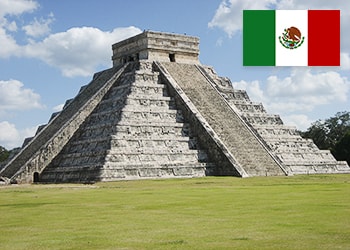The Mexican trademark law is to be updated soon

On May 18, 2018, the Mexican government published the Decree on amendments to the trademark law in the Official Journal of the Federation. These amendments are to become effective within 60 business days upon publication, and are summarised below.
First of all, the modified law will not limit the right to file a trademark application to “industrialists, traders or service providers” only. Therefore, any natural or legal person will be able to have their trademarks registered.
The updated law stipulates and broadens the term “trademark” so that it will not apply exclusively to visible aspects. Henceforth, a trademark may be any mark perceptible by senses. This means that applicants will be able to register non-traditional marks, such as a sound, smell or hologram. It will also be possible to register the trade dress, certification marks, generic or descriptive trademarks as well as trademarks consisting of proper names, commercial names, names of physical persons, letters, digits, figurative elements, combinations of colours and three-dimensional shapes.
Another important amendment is that the letters of consent on the coexistence of trademarks, being confusingly similar, will be recognised by the Mexican Institute of Industrial Property (IMPI).
Furthermore, as soon as the trademark is registered for three years, its owner will be obliged to file a declaration of the trademark’s real and continued use within three months of the said term. Otherwise, the trademark will automatically be considered as lapsed.
Additionally, the new law stipulates the possibility of cancellation of any trademarks obtained in bad faith; trademark registration will be forbidden if it includes characters or any element of an artistic or literary work or contains any plant variety. Invalidation proceedings on the grounds of prior use have increased from 3 years to 5 years.
Apart from the above, the new law more explicitly describes the concept of collective trademark, eliminates the requirement of obligatory previous registration of well-known marks, upgrades the opposition system and updates some prosecution issues.
Ultimately, the amendments are numerous and significant for the Mexican IP protection system, making it closer to the current international practices and more convenient for the applicants.